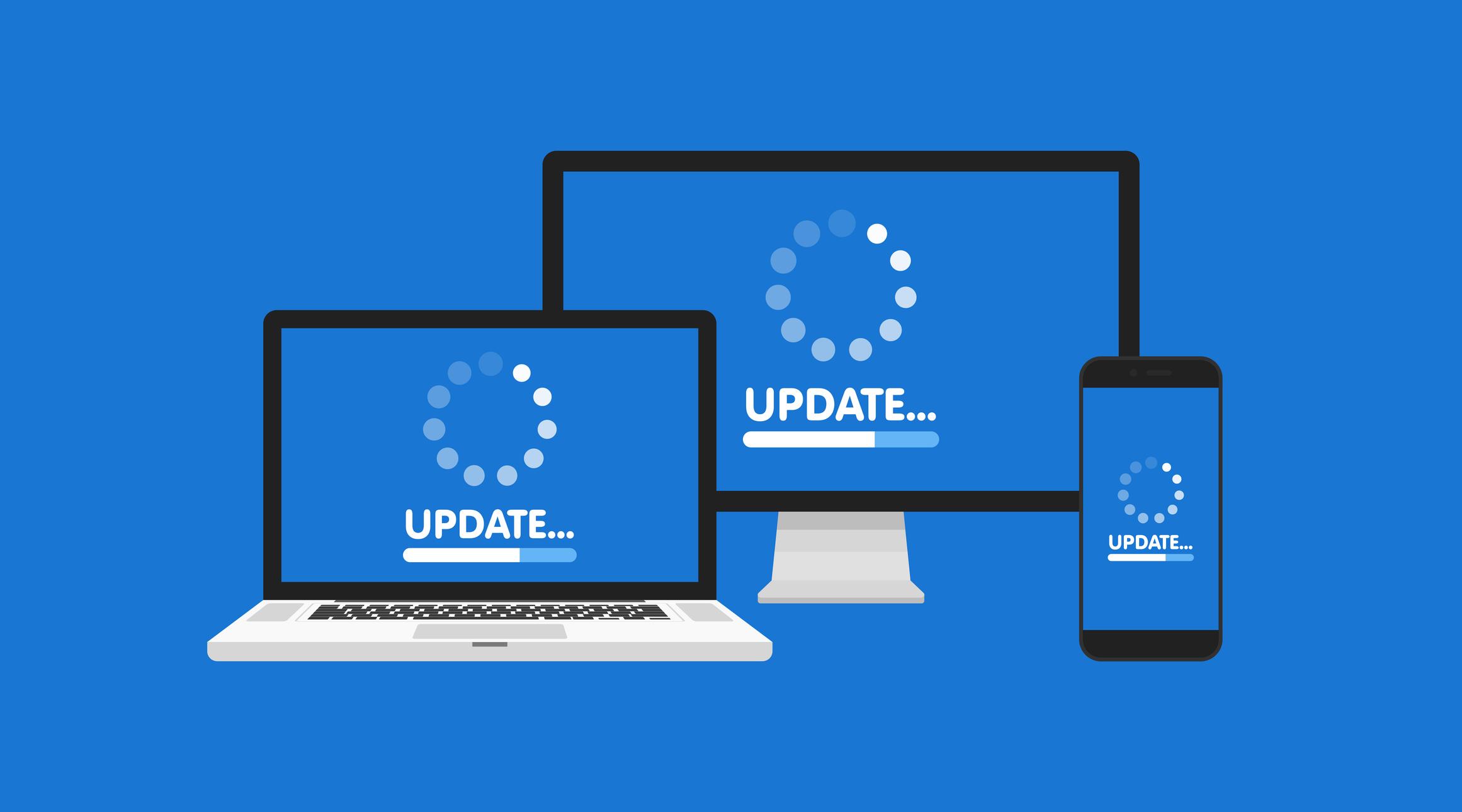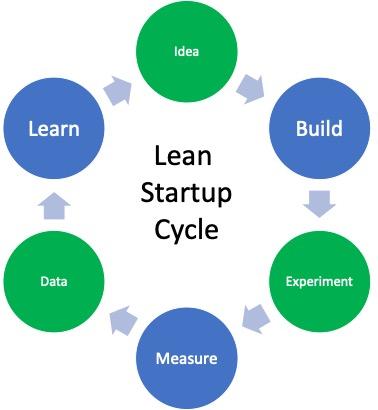
Are you ready to take your online presence to the next level? Whether you’re launching a personal blog, setting up an e-commerce store, or creating a portfolio to showcase your work, choosing the right web hosting service is crucial. With the internet evolving faster than ever, the web hosting landscape of 2025 is bursting with options that promise speed, security, and stellar customer support. But with so many choices out there, how do you pick the perfect one for your needs? Don’t worry, we’ve got your back! In this article, we’ll guide you through the top 9 best web hosting services of 2025, highlighting their standout features, pricing, and what makes them the right fit for your project. So, grab your favorite beverage, get comfortable, and let’s dive into the world of web hosting that’s not just reliable but also tailored to help you succeed!
Choosing the Right Web Hosting Service for Your Needs
When it comes to selecting a web hosting service, the options can feel overwhelming. With so many providers vying for your attention, it’s essential to narrow down your choices based on your specific requirements. Here are some key factors to consider that will help you make an informed decision.
1. Determine Your Hosting Type: The first step is understanding the type of web hosting that suits your needs. Here are some common options:
- Shared Hosting: Ideal for beginners and small websites, it’s cost-effective but can lead to slower performance.
- VPS Hosting: Provides more resources and flexibility, making it suitable for growing websites.
- Dedicated Hosting: Offers complete control and maximum performance for large businesses or high-traffic sites.
- Cloud Hosting: Scalable and reliable, great for sites with fluctuating traffic.
2. Evaluate Performance and Uptime: A reliable hosting service ensures your website is always accessible. Look for hosts that offer:
- 99.9% Uptime Guarantee: This means your site will be online nearly all the time.
- Fast Load Times: Speed is crucial for user experience and SEO.
3. Consider Customer Support: When things go wrong, you need a host that has your back. Look for:
- 24/7 Support: Availability via live chat, phone, or ticketing systems is a must.
- Knowledge Base: A resource of helpful articles and FAQs can empower you to fix minor issues yourself.
4. Assess Pricing and Renewal Rates: While initial prices can be tempting, pay attention to renewal rates. Some key points include:
- Transparent Pricing: Ensure you understand what you’re paying for upfront.
- Money-Back Guarantee: A risk-free way to test the service for a limited time.
5. Check for Scalability: Your hosting service should grow with you. Look for features such as:
- Easy Upgrades: The ability to switch plans without significant downtime.
- Resource Allocation: Options to add more bandwidth, storage, or RAM as needed.
do your research. Read reviews, ask for recommendations, and don’t hesitate to reach out to the hosting companies with any questions. Taking the time to choose the right web hosting service can make all the difference in the success of your online presence.
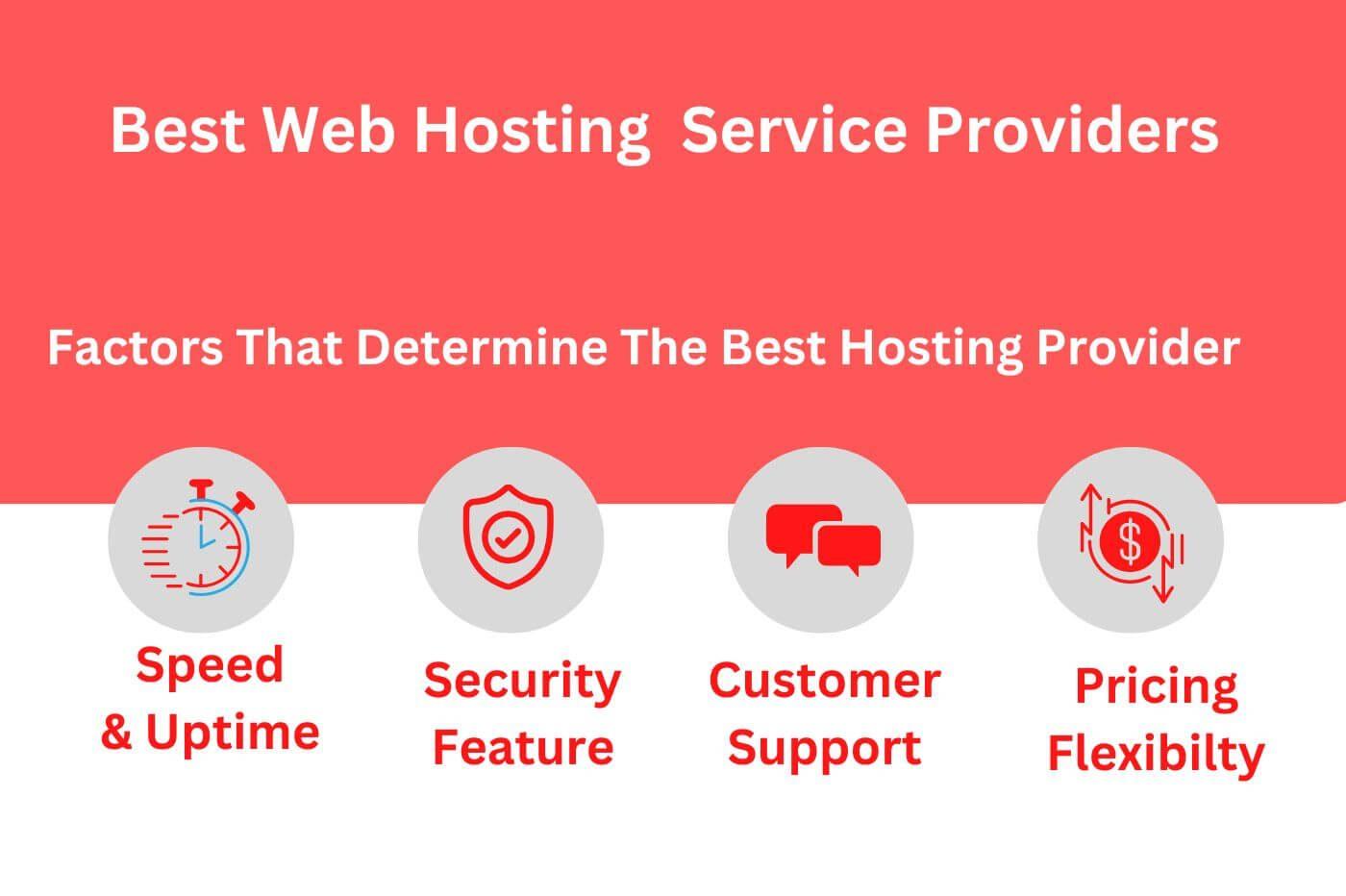
Exploring the Features That Set the Best Apart
When it comes to finding the perfect web hosting service, it’s essential to know what features separate the top contenders from the rest. In 2025, a few standout qualities define the best web hosting services, making them not only reliable but also user-friendly and efficient.
Performance and Speed are non-negotiable. A slow website can frustrate visitors and lead to higher bounce rates. The best hosting providers employ cutting-edge technology like SSD storage and content delivery networks (CDNs) to ensure lightning-fast load times. Regular performance monitoring and optimization are also key features that distinguish leaders in the hosting industry.
Another critical aspect is Customer Support. Exceptional customer service can make or break your hosting experience. The top companies offer 24/7 support through various channels, including live chat, phone, and email. Additionally, having a robust knowledge base and user-friendly support documentation helps users troubleshoot common issues without needing direct assistance.
Scalability is also a vital feature to consider. As your online presence grows, your hosting needs may change. The best providers offer flexible plans that allow you to scale your resources seamlessly, whether upgrading from shared hosting to VPS or even dedicated servers, without experiencing downtime.
Security features are paramount in today’s digital landscape. The leading web hosting services come equipped with advanced security measures, including free SSL certificates, DDoS protection, and regular backups. These features provide peace of mind, knowing your website and its data are safeguarded against potential threats.
Additionally, the best hosting providers offer User-Friendly Interfaces. Whether you’re a seasoned developer or a complete novice, an intuitive control panel simplifies the management of your hosting account. Features like one-click installs for popular applications and easy-to-navigate dashboards enhance the overall user experience.
Lastly, consider Value for Money. While price shouldn’t be your sole determining factor, the best services provide a balanced combination of features, performance, and support at competitive rates. It’s essential to evaluate what you’re getting in return for your investment, including any extras like free domain registration or marketing credits.
| Feature | Top Providers |
|---|---|
| Performance & Speed | High-speed SSDs, CDNs |
| Customer Support | 24/7 live chat, phone support |
| Scalability | Flexible plans, easy upgrades |
| Security | Free SSL, DDoS protection |
| User-Friendly Interface | Intuitive control panels |
| Value for Money | Competitive pricing, extras included |
By focusing on these standout features, you can make an informed decision when choosing the right web hosting service for your needs in 2025. Remember, the best choice will not only enhance your website’s performance but also provide the support and security you need to thrive online.
Why Speed Matters: The Performance Factor
When it comes to web hosting, speed is not just a luxury—it’s a necessity. The performance of your website can significantly impact user experience, search engine rankings, and ultimately, your bottom line. A fast website keeps visitors engaged and encourages them to explore your content, while a slow-loading site can lead to frustration and abandonment.
Consider the statistics:
- 47% of consumers expect a web page to load in 2 seconds or less.
- A 1-second delay in page response can result in a 7% reduction in conversions.
- Google has confirmed that page speed is a ranking factor in their algorithm, meaning speed can directly influence your visibility on search engines.
But what contributes to a website’s speed? Several factors come into play:
- Server Response Time: The faster the server can respond to requests, the quicker your content appears.
- Content Delivery Network (CDN): Utilizing a CDN can reduce latency by delivering your site’s assets from a location closer to the user.
- Optimized Code: Minifying CSS, JavaScript, and HTML can streamline how quickly pages load.
Choosing the right hosting service is crucial for achieving optimal speed. Here’s how different hosting types compare:
| Hosting Type | Speed Benefits | Ideal For |
|---|---|---|
| Shared Hosting | Cost-effective but may slow down with high traffic | Small blogs and personal sites |
| VPS Hosting | Dedicated resources for faster performance | Growing businesses needing more control |
| Dedicated Hosting | Top speed with full server access | Large enterprises with high traffic |
| Cloud Hosting | Scalable speed based on demand | Businesses expecting variable traffic |
In today’s digital landscape, potential customers are just a click away. If your website isn’t fast enough, they’ll have little hesitation in moving on to a competitor’s site. Investing in a reliable and speedy web hosting service is not only about keeping your current audience engaged; it’s also about attracting new visitors and ensuring your site is visible in search engines.
Moreover, the right hosting service can counteract performance issues caused by high traffic spikes, ensuring that your site remains functional and quick under pressure. When selecting a web hosting provider, prioritize those that emphasize speed and performance as core features. Look for user reviews and performance benchmarks to make a well-informed choice.
Unpacking Customer Support: Is It Really That Important?
When selecting a web hosting service, one of the most crucial factors to consider is the quality of customer support. In an ever-evolving digital landscape, the need for immediate assistance can make or break your online presence. Whether you’re a seasoned developer or a small business owner just starting out, having access to reliable support can save you from headaches down the line.
Imagine facing a critical website outage at midnight; the last thing you need is to be left in the dark. Responsive customer support can provide you with peace of mind, ensuring that help is just a click away. Here’s why it’s essential:
- Quick Resolution of Issues: The faster your hosting provider resolves technical issues, the less downtime you’ll experience, which translates into higher customer satisfaction.
- Expert Guidance: With knowledgeable support staff, you can receive tailored advice that goes beyond generic solutions, helping you to optimize your site effectively.
- 24/7 Availability: With round-the-clock support, you can work on your schedule without worrying about time zone differences or business hours.
- Enhanced Security: Immediate assistance in case of security breaches can mitigate potential damage, securing your data and that of your customers.
Furthermore, the different types of customer support channels can cater to diverse needs. A comprehensive hosting provider might offer:
- Live Chat: Perfect for quick inquiries.
- Phone Support: Ideal for complex issues that require detailed explanations.
- Email Support: Good for non-urgent matters requiring thorough documentation.
- Ticketing System: Useful for tracking ongoing issues and solutions.
To illustrate the varying levels of customer support among popular web hosting services, here’s a comparative table:
| Web Hosting Service | Support Availability | Response Time | Support Channels |
|---|---|---|---|
| HostGator | 24/7 | Live Chat – 1 min, Email – 24 hrs | Live Chat, Phone, Email |
| Bluehost | 24/7 | Live Chat – 2 mins, Email – 12 hrs | Live Chat, Phone, Email, Ticketing |
| A2 Hosting | 24/7 | Live Chat – 1 min, Email – 1 hr | Live Chat, Phone, Email |
| SiteGround | 24/7 | Live Chat – 1 min, Email – 30 mins | Live Chat, Phone, Email, Ticketing |
when weighing your options for web hosting, never underestimate the importance of stellar customer support. It’s not just about who offers the cheapest price; it’s about who will be there when you need them the most. Choosing a provider that prioritizes customer support can lead to a smoother, more successful web hosting experience.
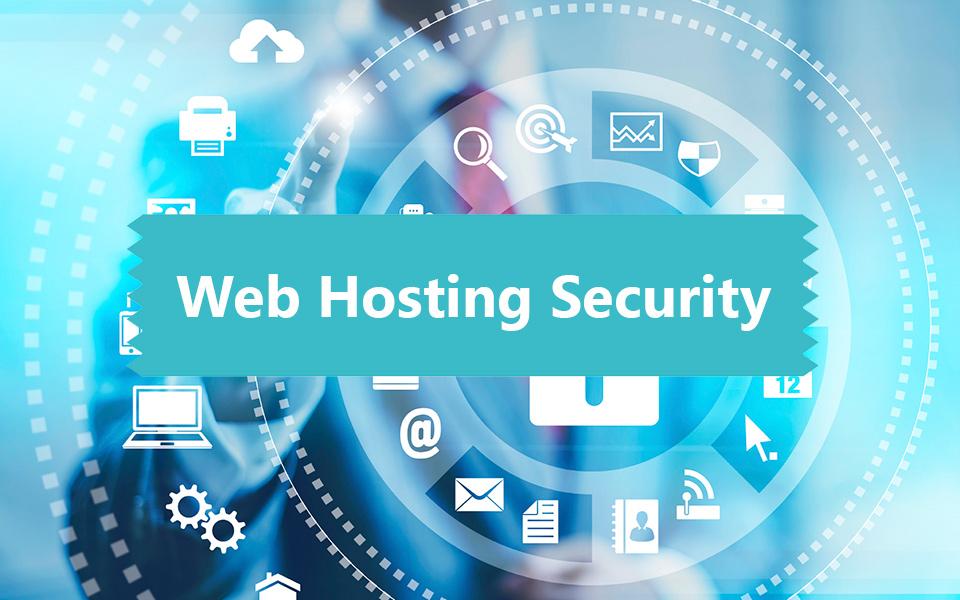
The Role of Security in Web Hosting: What You Need to Know
In today’s digital landscape, securing your web hosting environment is more crucial than ever. With cyber threats lurking at every corner, it’s imperative to choose a web hosting service that prioritizes security. This is not just about protecting your site from hackers; it’s also about safeguarding your data and maintaining the trust of your users.
When evaluating web hosting services, consider the following security features:
- SSL Certificates: These encrypt data between your website and its users, making it harder for attackers to intercept sensitive information.
- Regular Backups: In the event of a breach, having regular backups ensures that you can quickly restore your website to its former state.
- Firewalls: A robust firewall acts as a barrier between your web server and malicious traffic, filtering out threats before they reach your site.
- Malware Scanning: Regular scans can identify vulnerabilities and harmful code that could compromise your site’s integrity.
- Two-Factor Authentication: This adds an extra layer of security by requiring not just a password but also a second form of verification.
Moreover, the location of your data center plays a significant role in compliance with regulations such as GDPR. Choosing a hosting provider that adheres to local laws ensures that your data handling practices are up to standard, protecting you from legal troubles. Always check whether the service provides data centers in multiple regions, allowing you to choose one that best fits your compliance needs.
Another critical aspect of security is the server management practices of your hosting provider. Look for services that offer:
- Managed Hosting: This often includes security updates and monitoring, reducing your burden significantly.
- Scalable Solutions: As your site grows, so do your security needs. Ensure your provider can accommodate increased traffic and security demands.
- Support Services: 24/7 customer support can be invaluable in case of a security incident, allowing you to get immediate help when you need it most.
Here’s a simple comparison table showcasing the security features of some leading web hosting services:
| Hosting Service | SSL Certificate | Backup Frequency | Malware Scanning | Two-Factor Authentication |
|---|---|---|---|---|
| Service A | Included | Daily | Yes | Available |
| Service B | Included | Weekly | Yes | Available |
| Service C | Optional | Monthly | No | Available |
Ultimately, investing in a secure web hosting service not only protects your website but also enhances your brand’s reputation. Users are more likely to trust and engage with a website that demonstrates a commitment to security. As you explore your options for 2025, prioritize security features to ensure your online presence remains safe and sound.

Understanding Pricing Models: Finding the Best Value
When it comes to web hosting, choosing the right pricing model can be just as crucial as selecting the right service provider. Different hosting plans cater to various needs, and understanding these will help you identify the best value for your investment. Let’s break down the most common pricing models you might encounter:
- Shared Hosting: This is typically the most affordable option, where multiple websites share a single server’s resources. While it’s cost-effective, performance can suffer if one site experiences a spike in traffic.
- VPS Hosting: Virtual Private Server hosting offers a middle ground, providing dedicated resources on a shared server. It’s more expensive than shared hosting but offers significantly better performance and stability.
- Dedicated Hosting: For those who need full control and resources, dedicated hosting is the way to go. However, it comes at a high price, making it suitable for large businesses or high-traffic websites.
- Cloud Hosting: This flexible model allows you to pay based on usage. It’s scalable and can handle fluctuations in traffic easily, but costs can be unpredictable if not managed carefully.
- Managed Hosting: For users who prefer to focus on their content rather than technical details, managed hosting is ideal. Providers take care of all technical aspects, but this often comes with a premium price.
Pricing structures can also vary significantly between providers. Here’s a quick comparison of average pricing across different models:
| Hosting Type | Average Monthly Cost | Ideal For |
|---|---|---|
| Shared Hosting | $3 – $10 | Small websites, blogs |
| VPS Hosting | $20 – $60 | Growing websites, small businesses |
| Dedicated Hosting | $80 – $300+ | Large enterprises, high-traffic websites |
| Cloud Hosting | $10 – $100+ | Flexible usage needs |
| Managed Hosting | $30 – $150+ | Users who want hassle-free setup |
It’s essential to consider not just the starting price but also the renewal rates, as some providers offer enticing introductory prices that skyrocket after the first term. Always check the fine print and ensure you understand what’s included in each plan:
- Bandwidth and Storage: Ensure your plan includes sufficient bandwidth and storage to accommodate your needs.
- Customer Support: Look for providers that offer 24/7 support, especially if you are running a business.
- Uptime Guarantees: A reliable host should offer at least a 99.9% uptime guarantee to ensure your site is always accessible.
- Backup Services: Regular backups can save you from data loss, so check if this is included in your plan.
Ultimately, finding the best value in web hosting involves balancing your budget with your specific needs. Take the time to explore your options, compare features, and read user reviews to ensure you make a well-informed decision that supports your online goals.
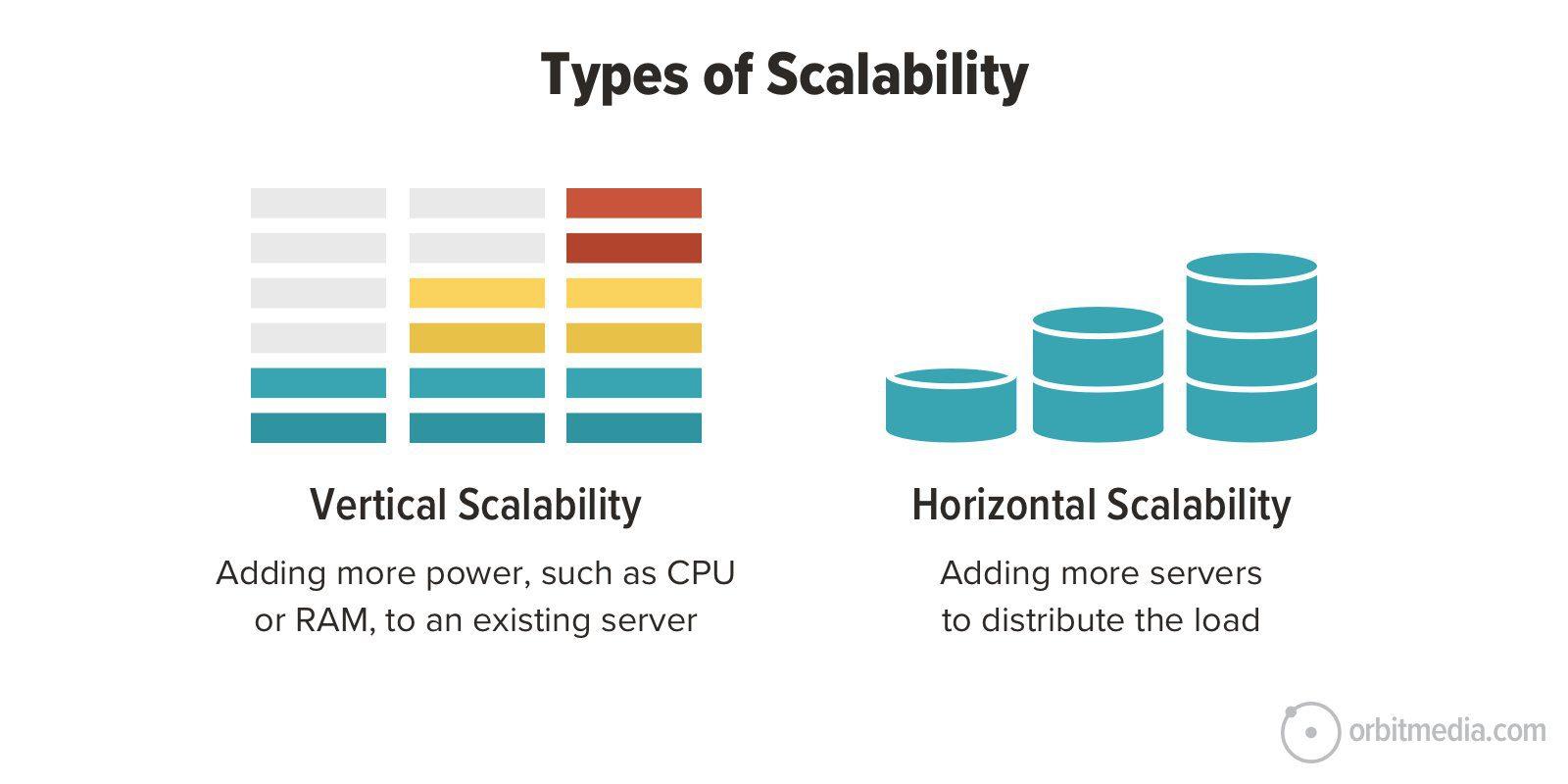
Scalability: Preparing for Growth with Your Hosting Service
When choosing a web hosting service, scalability should be at the forefront of your decision-making process. As your online presence grows, so will your needs, and a host that can adapt to those needs is crucial for maintaining optimal performance. Here’s what to consider to ensure your hosting service can keep pace with your ambitions.
Flexibility in Plans: The best web hosting services offer a variety of plans that can be adjusted as your needs change. Look for options that allow for easy upgrades from shared hosting to VPS or dedicated servers without significant downtime or hassle. This flexibility ensures that you can scale your resources seamlessly as traffic increases.
Resource Allocation: Check how your hosting provider allocates resources. Scalability isn’t just about having more space; it’s about how those resources are managed. Effective resource allocation means that your site can handle traffic spikes without crashing, ensuring that your users have a smooth experience. Key metrics to consider include:
- Bandwidth limits
- Storage capacity
- CPU and RAM availability
Cloud Hosting Options: Many of the top hosting services now offer cloud-based solutions, which provide exceptional scalability. With cloud hosting, your website draws from a network of servers, allowing for easy adjustments in resources based on real-time demand. This setup not only enhances performance but can also result in cost savings as you pay only for what you use.
Performance Monitoring Tools: A reliable hosting provider will offer tools that help you monitor your site’s performance metrics. Keeping an eye on user traffic, server load, and other critical indicators will allow you to anticipate needs before they arise. Look for hosts that provide easy-to-use dashboards and analytics tools.
Support for Growth: Ensure your hosting provider has excellent customer support. As your site scales, technical issues may arise, and having access to knowledgeable support staff can make all the difference. Look for services that provide 24/7 support via multiple channels, including live chat, phone, and email.
Future-Proofing Your Hosting: consider the technology stack that your hosting provider uses. Opt for services that are committed to continuous improvement and updates. This commitment ensures that as web technologies evolve, so does your hosting solution, allowing you to leverage new tools and enhancements without migrating to a new provider.
| Feature | Importance |
|---|---|
| Flexible Plans | Allows seamless upgrades as needed |
| Resource Allocation | Ensures efficient handling of traffic |
| Cloud Hosting | Offers scalable and cost-effective solutions |
| Performance Monitoring | Helps anticipate and manage resource needs |
| Customer Support | Provides assistance during scaling challenges |
| Future-Proof Technology | Ensures compatibility with evolving web standards |

User Experience and Ease of Use: Making Your Life Easier
When it comes to choosing a web hosting service, user experience and ease of use can make all the difference. A platform that’s intuitive and user-friendly not only saves time but also reduces frustration, allowing you to focus on what really matters—growing your online presence. Here are some key features you should look for:
- Simple Dashboard: A clean, intuitive dashboard helps you manage your site effortlessly. Look for hosting services that offer drag-and-drop features and easy navigation.
- One-Click Installations: Whether it’s WordPress, Joomla, or other applications, one-click installations can significantly speed up your setup process.
- Responsive Customer Support: Quick access to knowledgeable support can turn a potential headache into a simple fix. Look for services that offer 24/7 support via chat, phone, or email.
- Integrated Tools: Services that come with built-in tools for SEO, analytics, and website optimization streamline your workflow and provide valuable insights right from your control panel.
Another aspect to consider is the availability of tutorials and resources. Good hosting platforms often provide a wealth of documentation, video tutorials, and community forums. This support can be a lifesaver, especially if you’re new to web hosting or website management. Check for:
- Step-by-Step Guides: Comprehensive guides can walk you through various processes, from setting up your domain to implementing security features.
- Webinars and Workshops: Live sessions can offer deeper insights and allow you to ask questions directly to experts.
Security and performance are crucial, but if a platform is overly complicated, it can deter even the most well-intentioned users. The best web hosting services offer:
- User-Friendly Security Features: Automated backups, SSL certificates, and malware monitoring should be easy to configure, ensuring that your site stays secure with minimal effort.
- Performance Metrics: Understanding your site’s performance is vital. Look for dashboards that present these metrics in a clear and concise manner.
opting for a web hosting service that prioritizes user experience will undoubtedly lighten your load. With intuitive design, responsive support, and resource availability, you can ensure that setting up and managing your website becomes a seamless part of your daily routine.
| Feature | Importance |
|---|---|
| Simple Dashboard | Enhances usability |
| One-Click Installations | Saves time |
| Responsive Customer Support | Reduces downtime |
| Integrated Tools | Streamlines workflow |
| Tutorials and Resources | Facilitates learning |
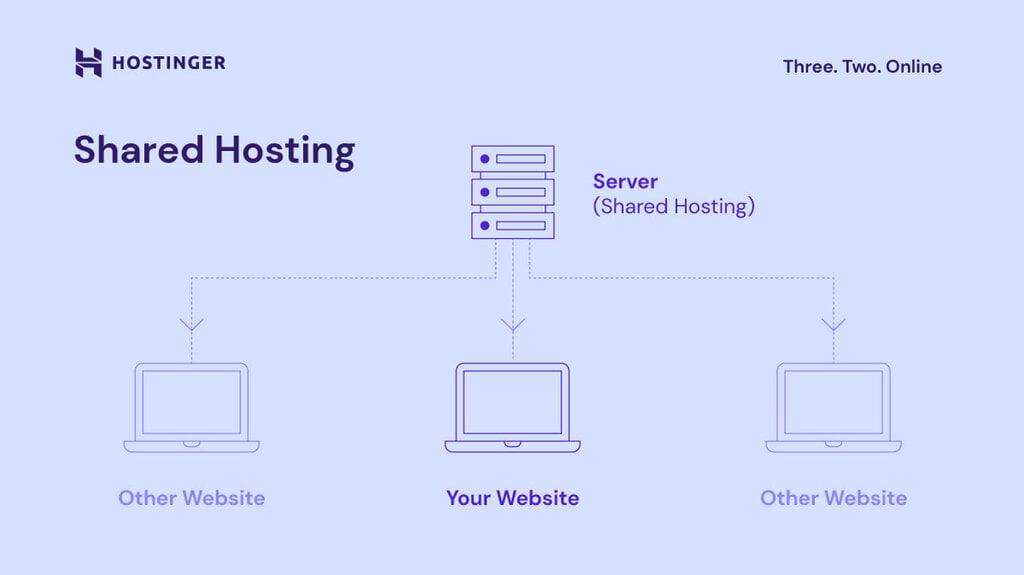
Top Picks for Shared Hosting: Affordable and Reliable Options
When it comes to finding the perfect shared hosting solution, affordability and reliability are key factors to consider. Whether you’re starting a personal blog, a small business site, or an online portfolio, having a dependable host at a budget-friendly price can make all the difference. Here, we’ve curated some exceptional choices that offer great value without skimping on performance.
- Bluehost: A favorite among beginners, Bluehost provides a seamless user experience with a one-click WordPress installation, making it perfect for those who are new to web hosting. Their customer support is top-notch, available 24/7 to assist with any issues.
- SiteGround: Known for its stellar customer service, SiteGround offers exceptional uptime and speed. Their managed WordPress hosting is particularly impressive, and their unique caching technology boosts site performance significantly.
- HostGator: With plans starting at incredibly low prices, HostGator is designed for budget-conscious users. They offer a wide range of tools and resources, including an intuitive website builder, making it easy to get started.
- A2 Hosting: If speed is a priority, A2 Hosting won’t disappoint. Their Turbo plans boast up to 20x faster page loads, which can significantly enhance the user experience on your site. They also have a strong emphasis on developer-friendly features.
To help you make an informed decision, here’s a quick comparison of some of the standout features offered by these excellent shared hosting providers:
| Hosting Provider | Starting Price | Uptime Guarantee | Customer Support |
|---|---|---|---|
| Bluehost | $2.95/month | 99.99% | 24/7 Support |
| SiteGround | $3.99/month | 99.99% | 24/7 Support |
| HostGator | $2.75/month | 99.9% | 24/7 Support |
| A2 Hosting | $2.99/month | 99.9% | 24/7 Support |
Each of these providers has carved out a niche that makes them stand out in the crowded web hosting market. For instance, if you’re a developer looking for robust features, A2 Hosting is likely your best bet. On the other hand, if you’re just starting out and prefer a more guided experience, Bluehost and SiteGround are excellent choices.
Moreover, consider the scalability options of each provider as your website grows. Most of these hosts allow you to upgrade your hosting plan seamlessly, ensuring that as traffic increases, your site maintains its performance without hiccups.
whether you’re seeking exceptional speed, outstanding customer service, or affordable pricing, the shared hosting providers listed above deliver on all fronts. Each option provides a unique blend of features tailored to different needs, making it easier than ever to find a hosting solution that suits your specific requirements.
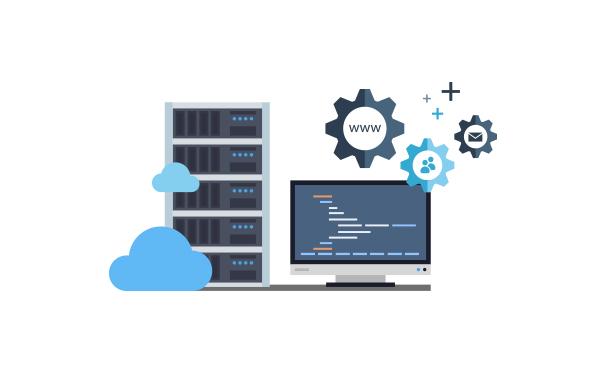
Best Managed Hosting Services for Hassle-Free Management
If you’re looking for a seamless web hosting experience without the headaches of server management, managed hosting services are your best bet. These services take care of everything from server setup to maintenance, allowing you to focus on what really matters: growing your business. Here are some top contenders for hassle-free management in 2025:
- SiteGround: Known for their stellar customer support and high uptime, SiteGround offers a fully managed WordPress hosting plan. With daily backups, automatic updates, and optimized performance, you can rest easy knowing your site is in good hands.
- Bluehost: As one of the recommended hosting providers by WordPress, Bluehost provides managed WordPress hosting with features like 24/7 support, automatic updates, and enhanced security measures to keep your site safe.
- Kinsta: Built on Google Cloud Platform, Kinsta offers top-notch performance with managed hosting specifically for WordPress. They provide automatic scaling, daily backups, and a user-friendly dashboard for easy management.
- WP Engine: This is a premium managed hosting service that focuses on WordPress. They offer excellent performance, robust security features, and a dedicated support team that understands the intricacies of WordPress management.
When choosing a managed hosting service, consider factors such as:
| Feature | SiteGround | Bluehost | Kinsta | WP Engine |
|---|---|---|---|---|
| 24/7 Support | Yes | Yes | Yes | Yes |
| Automatic Backups | Daily | Weekly | Daily | Daily |
| Free SSL | Yes | Yes | Yes | Yes |
| Staging Environment | Yes | No | Yes | Yes |
Each of these providers offers unique features tailored to different needs. Whether you’re running a personal blog or a large e-commerce site, you’ll find a managed hosting solution that suits your requirements. The peace of mind that comes with knowing expert teams are monitoring your server, optimizing performance, and handling security is invaluable.
Additionally, many managed hosting services come with built-in caching solutions and content delivery networks (CDNs), which can significantly enhance your site’s speed and performance. This is crucial not only for user experience but also for SEO rankings.
In a digital landscape where speed and uptime are critical, investing in a reliable managed hosting service can provide you with a significant competitive advantage. By choosing a service that takes care of the technical aspects, you free up your time to focus on content creation, marketing, and customer engagement.
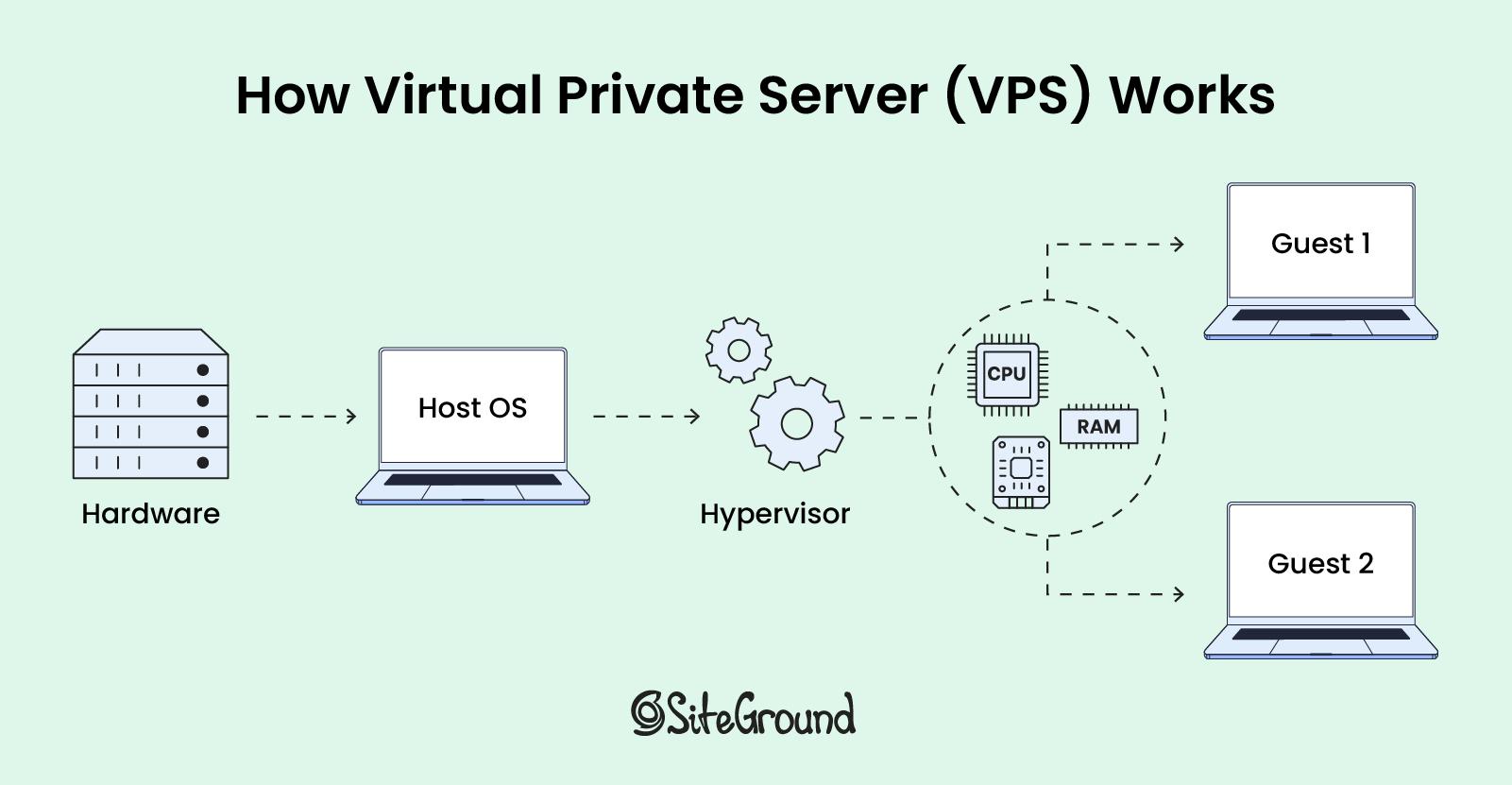
VPS Hosting: When You Need More Power
For many website owners, shared hosting might seem like a perfect starting point. However, as your site grows, so do its demands. This is where Virtual Private Server (VPS) hosting steps in, offering a powerful solution for businesses seeking more control and performance.
VPS hosting provides a middle ground between shared hosting and dedicated servers, allowing you to enjoy the benefits of both. With a VPS, your website runs on a virtual machine that mimics a dedicated server, meaning you get your own resources without the expense of a full dedicated server. This setup is ideal for:
- Growing websites: If you’re experiencing increased traffic but your current hosting isn’t keeping up, it’s time to consider VPS.
- Resource-intensive applications: Websites that rely on databases or run complex applications need more power and speed, which VPS can provide.
- Better security: With a VPS, you get an isolated environment that enhances your site’s security and stability.
One of the standout features of VPS hosting is the flexibility it offers. You can customize your server environment to fit your specific needs, from choosing the operating system to configuring software. This level of customization can significantly improve your site’s performance and user experience.
Another compelling advantage is the scalability. With VPS, you can easily upgrade your resources as your traffic increases or your business expands. This means you won’t have to worry about downtime or performance issues as you grow; your hosting can grow with you.
| Feature | Shared Hosting | VPS Hosting | Dedicated Hosting |
|---|---|---|---|
| Resource Allocation | Shared | Dedicated Virtual | Fully Dedicated |
| Performance | Variable | Consistent | Optimal |
| Control Level | Low | High | Full |
| Security | Basic | Enhanced | Comprehensive |
| Cost | Low | Moderate | High |
Moreover, managing your VPS isn’t as daunting as it may sound. Many hosting providers offer user-friendly control panels, making it easy to monitor your resource usage, adjust settings, and install necessary software without requiring extensive technical knowledge.
if you’re looking to enhance your website’s performance, security, and scalability, opting for VPS hosting is a smart choice. It empowers you with the resources needed to run a successful online presence, ensuring that your site can handle traffic spikes and resource demands efficiently. Don’t let your website struggle under the weight of its growth—consider a VPS solution for the power you truly need.

Cloud Hosting: Flexibility and Performance Combined
Cloud hosting has revolutionized the way businesses approach their online presence, merging flexibility and performance in a seamless manner. This innovative solution allows companies to scale their resources based on demand without the need for heavy investments in physical infrastructure. Whether you’re a small startup or a large enterprise, cloud hosting offers a customizable experience that adapts to your specific requirements.
One of the standout features of cloud hosting is its scalability. As your website grows, so does your need for resources. Unlike traditional hosting, where you might face limitations, cloud solutions enable you to easily adjust your bandwidth, storage, and processing power. This ensures your site remains responsive even during traffic spikes, making it a perfect option for e-commerce businesses or those experiencing seasonal fluctuations.
Moreover, cloud hosting provides an added layer of performance optimization. With multiple servers working together, your website benefits from load balancing, which distributes traffic evenly. This not only enhances speed but also reduces the risk of downtime, ensuring your business remains accessible at all times. In today’s fast-paced digital world, site speed can significantly impact user experience and conversion rates.
Data security is another critical aspect where cloud hosting shines. Most providers incorporate advanced security measures, including firewalls, data encryption, and regular backups. This multi-layered approach minimizes the risk of data breaches and ensures your information is safeguarded against threats, giving you peace of mind as you focus on growing your business.
Another compelling advantage of cloud hosting is the cost-effectiveness it offers. Rather than paying for a fixed amount of storage or bandwidth regardless of usage, many cloud services operate on a pay-as-you-go model. This means you only pay for what you use, making it an economical choice for businesses of all sizes. Additionally, this model allows for more accurate budgeting as expenses are directly linked to your actual resource consumption.
When considering cloud hosting, it’s essential to choose a provider that exemplifies reliability and support. Look for features such as:
- 24/7 Customer Support: Ensure you have access to help whenever you need it.
- Service Level Agreements (SLAs): Guarantee uptime and performance standards.
- Flexible Plans: Options that cater to various business needs.
To make an informed decision, here’s a quick comparison of some top cloud hosting providers available in 2025:
| Provider | Key Features | Starting Price |
|---|---|---|
| Provider A | Fast performance, 99.9% uptime | $10/month |
| Provider B | Advanced security, scalable resources | $15/month |
| Provider C | User-friendly interface, 24/7 support | $12/month |
Ultimately, cloud hosting offers a robust solution that combines flexibility and performance, making it an ideal choice for anyone looking to enhance their web presence. With the right provider, you can enjoy a hosting experience that not only meets your current needs but also grows with your business.

The Best Options for E-commerce Websites
If you’re venturing into the world of online retail, choosing the right web hosting service is crucial for your success. The ideal web host not only ensures your website is fast and reliable but also offers tailored features that cater specifically to e-commerce needs. Here are some top contenders that stand out in 2025:
- Shopify: A powerhouse in the e-commerce realm, Shopify provides an all-in-one solution. With its user-friendly interface, robust security, and a plethora of themes, it helps you create a stunning store quickly.
- WooCommerce on WordPress: Perfect for those who prefer flexibility, WooCommerce is a plugin that transforms your WordPress site into a fully functional online store. It offers extensive customization options and integrates seamlessly with various payment gateways.
- BigCommerce: Known for its scalability, BigCommerce is ideal for growing businesses. It supports large product catalogs and provides built-in SEO features to help your products rank better in search engines.
- Squarespace: If design is your priority, Squarespace might be the perfect fit. With its stunning templates and easy drag-and-drop functionality, you can create a visually appealing store without any coding skills.
When selecting a web host, it’s essential to consider several factors:
| Feature | Importance | Consideration |
|---|---|---|
| Speed | High | Fast loading times improve user experience and SEO. |
| Security | Critical | SSL certificates and robust security measures protect customer data. |
| Support | Essential | 24/7 support helps resolve issues quickly to keep your store running. |
| Scalability | High | Choose a host that can grow with your business needs. |
Additionally, consider the payment processing options available with each host. Look for integrated solutions that manage transactions smoothly and securely. Some hosts also offer advanced features like abandoned cart recovery, which can significantly boost your sales.
- Magento: For those needing a robust, open-source solution, Magento is an excellent choice. It’s highly customizable but may require technical knowledge to set up effectively.
- SiteGround: Known for its exceptional customer service and performance, SiteGround provides reliable hosting that works well with e-commerce platforms, particularly WooCommerce.
- HostGator: Offering affordable plans with essential e-commerce tools, HostGator is perfect for startups looking to minimize costs while maximizing features.
- DreamHost: With a commitment to sustainability, DreamHost provides eco-friendly hosting solutions, along with a host of features catered to e-commerce businesses.
Ultimately, the best hosting option for your e-commerce website will hinge on your specific needs, including budget, technical skills, and the scale of your business. Take the time to evaluate these platforms, and you’ll be well on your way to setting up a thriving online store.

Wrapping It Up: Making the Right Choice for Your Website
Choosing the right web hosting service is a critical decision that can significantly impact the success of your online presence. With so many options available in 2025, it’s important to consider several factors to ensure you invest in a service that meets your specific needs.
Performance and Reliability: You want a hosting provider that guarantees uptime and offers fast loading speeds. Look for services that provide a minimum of 99.9% uptime, as even a few minutes of downtime can lead to lost revenue and damage your brand’s reputation. A reliable host also ensures that your website visitors have a seamless experience.
Customer Support: Exceptional customer service is paramount, especially if you’re not a tech wizard. Opt for a hosting provider that offers 24/7 support through multiple channels like live chat, phone, and email. Fast response times can save you from potential headaches down the line.
Scalability: As your business grows, so will your hosting needs. Choose a provider that allows you to easily upgrade your plan without any hassle. This means you can start small and scale up as your traffic increases without worrying about migrating to a different host.
When comparing different hosting providers, consider the following key aspects:
- Pricing: Look for transparent pricing without hidden fees.
- Features: Assess what each plan includes, from storage space to security measures.
- User-Friendliness: A simple, intuitive control panel can make managing your website much easier.
- Reviews and Reputation: Always check customer reviews to gauge the reliability and service quality of the host.
| Hosting Provider | Uptime Guarantee | Starting Price | Key Features |
|---|---|---|---|
| HostGator | 99.9% | $2.75/mo | Free SSL, Website Builder |
| Bluehost | 99.98% | $2.95/mo | 1-Click WordPress Install, 24/7 Support |
| SiteGround | 99.99% | $3.99/mo | Managed Hosting, Daily Backups |
| A2 Hosting | 99.9% | $2.99/mo | Turbo Speed, Anytime Money-Back Guarantee |
Ultimately, the right web hosting service should align with your goals, budget, and technical skills. Take the time to research and compare your options, and don’t hesitate to reach out to customer service departments with any questions. This proactive approach will help ensure that you choose a host that empowers your website to thrive, rather than hindering its growth.
By considering these factors and thoroughly evaluating each option, you’ll be well on your way to making an informed decision that will benefit not only your website but also your overall business strategy. Investing in the right hosting service today can set the foundation for your online success tomorrow.
Frequently Asked Questions (FAQ)
Q: Why is choosing the right web hosting service so important in 2025?
A: Great question! In 2025, the online landscape is more competitive than ever. Choosing the right web hosting service is crucial because it can affect your site’s performance, speed, security, and even your search engine rankings. A solid web host ensures your website is always accessible, loads quickly, and provides a great user experience, which ultimately leads to higher conversions and customer satisfaction.
Q: What should I look for when selecting a web hosting service?
A: When choosing a web hosting service, consider factors like uptime reliability, customer support, scalability, and pricing. Additionally, features like free SSL certificates, daily backups, and easy website builders can make your life much easier. Look for a host that aligns with your specific needs—whether you’re running a personal blog or a large e-commerce site.
Q: Are there specific hosting options I should be aware of?
A: Absolutely! In 2025, you’ll come across several types of web hosting: shared, VPS, dedicated, and cloud hosting. Each option has its unique benefits. For instance, shared hosting is budget-friendly for beginners, while VPS and dedicated hosting offer more resources and control for growing businesses. Cloud hosting is also gaining traction for its flexibility and scalability.
Q: What about customer support? How important is that?
A: Customer support is incredibly important! When things go wrong, you want to be able to reach out to someone who can help you immediately. Look for hosting providers that offer 24/7 support through multiple channels—like chat, phone, and email. Good customer support can save you a lot of headaches down the line!
Q: Can you recommend some top web hosting services for 2025?
A: Sure! Some of the best web hosting services in 2025 include Bluehost, SiteGround, HostGator, A2 Hosting, and DreamHost. Each of these providers offers a unique combination of features, performance, and customer support, so you can find the one that best fits your needs.
Q: How do these hosting services compare in terms of pricing?
A: Pricing can vary greatly depending on the features offered. Generally, shared hosting plans start at around $3 to $10 per month, while VPS hosting can range from $20 to $100 per month. Dedicated servers and premium cloud services can be more expensive, often starting at $100 and going up from there. It’s crucial to consider not just the upfront cost but also what you’re getting in return!
Q: Is it easy to migrate my website to a new host?
A: Yes, most reputable web hosting services offer easy migration tools and services to help you transfer your website. If you’re concerned about the process, look for hosts that provide free migration assistance. They can handle the technical details while you focus on running your site!
Q: What are some common mistakes to avoid when choosing a web host?
A: One common mistake is solely focusing on price. While affordability is important, it shouldn’t be your only factor. Also, be wary of hosts that promise unlimited resources at a super low price—they often have hidden limitations. Always read reviews and do thorough research before committing to a host.
Q: How can I ensure my website remains secure with my hosting provider?
A: Choose a hosting provider that prioritizes security features like SSL certificates, firewalls, malware scanning, and regular backups. Additionally, consider implementing your own security measures, such as strong passwords and two-factor authentication, to further protect your website.
Q: Any final thoughts on selecting the best web hosting service for 2025?
A: Absolutely! Take your time to evaluate your options and don’t rush into a decision. Think about your long-term goals and choose a hosting provider that can grow with your business. The right host is an investment in your online presence, and it’s worth doing your homework to find the perfect fit!
In Summary
As we wrap up our exploration of the top 9 best web hosting services in 2025, it’s clear that choosing the right hosting provider is more than just a technical decision—it’s a cornerstone of your online presence. Whether you’re launching a personal blog, an e-commerce site, or a portfolio, the right web host can make all the difference in ensuring your site runs smoothly and efficiently.
Remember, the hosting landscape is constantly evolving, and what works for one project may not work for another. So take the time to assess your specific needs, from speed and reliability to customer support and scalability. With the options we’ve highlighted, you have a solid foundation to start from, each offering unique features tailored to different goals and budgets.
Don’t settle for anything less than the best for your website. Dive into these options, weigh the pros and cons, and make an informed choice that sets you up for success. Your digital journey is just beginning, and with the right web hosting service by your side, the sky’s the limit. Happy hosting!





